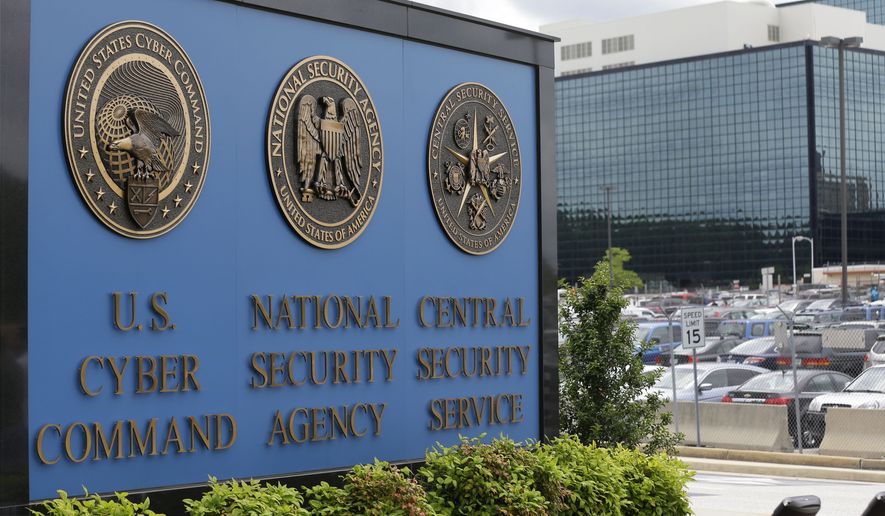The Trump administration pleaded with lawmakers Wednesday to reauthorize key provisions of the USA Freedom Act used by intelligence officials to nab suspected terrorists.
Four provisions under the 2015 law are set to expire unless reauthorized by Dec. 15, and intelligence officials say they will be useful — especially in the future as technology advances — to catch lone wolves.
“The way terrorists communicate and the way technology evolves it is not out of the realm of possibility, certainly, to say we might find a new technology out there that we may not have ever considered or thought of those terrorists might be using that technology,” said Susan Morgan with the National Security Agency.
She told members of the Senate Judiciary Committee that getting their hands on the metadata can allow intelligence officials move swiftly.
The provisions up for debate allow the government to wiretap, for surveillance purposes, a national security target with approval from the FISA court, known as the Foreign Intelligence Surveillance Court. It also allows investigators to collect records related to a national security probe.
There’s additionally a “lone wolf” provision, though it has not been used to date, that would assist the federal government’s ability to snoop into a foreign individual’s communications despite a lack of connection to a designated terrorist group when he or she is engaged in terrorism-related threats.
The “Call Detail Records” provision is also up for renewal which was launched to narrow the bulk collection of telephone metadata, which contains specific information about each individual call. It looks for connections between foreign actors potentially engaged in international terrorism.
Last year, the NSA suspended the “Call Detail Records” program due to irregularities, saying it lacked value and contained technological issues.
Critics worry a permanent authorization, which is what the Trump administration is requesting, would allow the snooping program to go unchecked.
“It’s really not clear to me why a program with limited intelligence value and clear compliance problems should be reauthorized,” said Sen. Dianne Feinstein, California Democrat.
• Alex Swoyer can be reached at aswoyer@washingtontimes.com.




Please read our comment policy before commenting.